Collision Program Guide
7th edition : Community Health
Deadline for project submission: September 12, 2021
Deadline for project submission: September 12, 2021
Photo credit: Hush Naidoo
Opening date for projects
Closing date for projects
Pre-selection
Final selection boot camp
Program start

The Collision Program features a 3-month coaching period that is designed to encourage a collision of ideas, allowing you to break down existing silos and provoke necessary shifts/connections that will lead to new solutions in the community health sector.
The program aims to stimulate strategic thinking for putting targeted impact at the heart of your project’s business model. We want all entrepreneurs to finish the program with a validated proof of concept, a solid business model proposal and all the tools they need to prepare for a marketing phase.
Clarify and validate the impact of your organization and solutions.
Strengthen your business model with an innovative approach that combines economic viability and social impact.
Set up meetings and create connections that will guide you through your entrepreneurial adventure.
Unlock your entrepreneurial potential: embody the values that drive your daily actions.
Dive into your ecosystem to uncover connections between issues, needs and solutions.
Challenge your ideas to develop a solution that meets the real needs of your users.
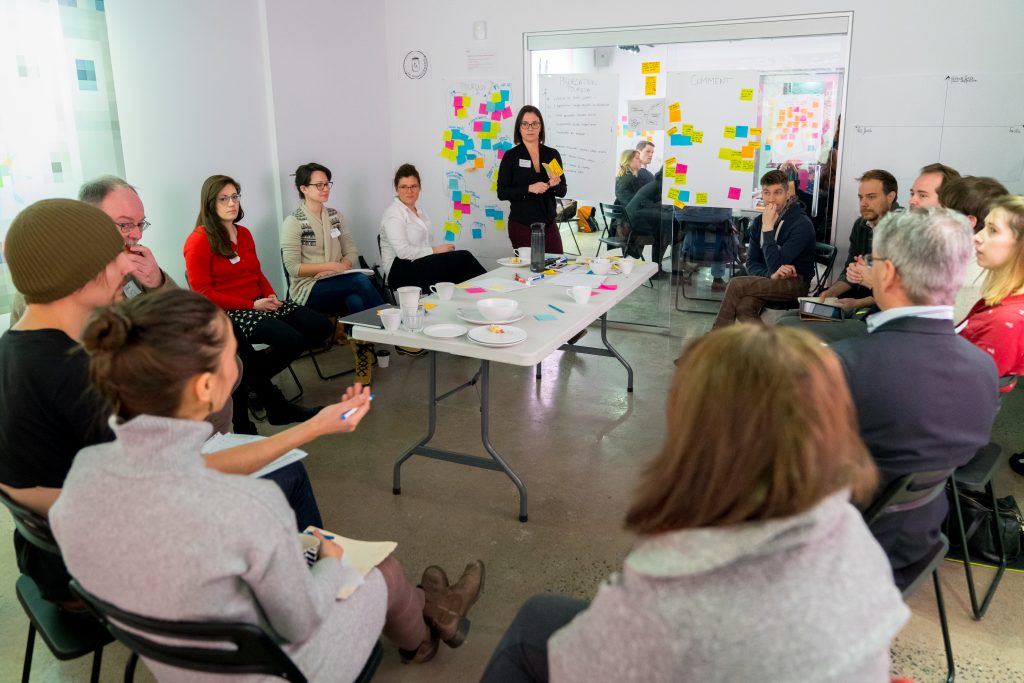
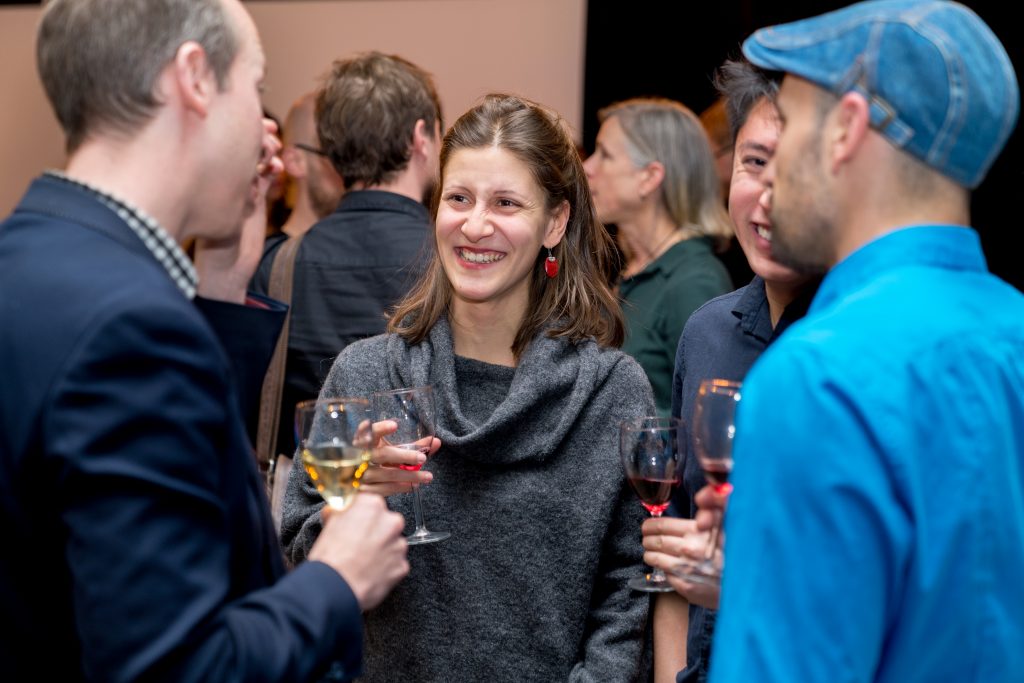
The Collision Program starts with a 2-day Boot Camp. It is then implemented over 3 months, during which you are coached on the key points of your impact project development. The program’s core is divided into 4 thematic modules: ecosystem, validation, impact and business model.
1 intensive 2-day boot camp where teams get to work on the Impact Gap Canvas
Up to 30 hours of personalized coaching with impact, innovation, entrepreneurship and business development coaches and experts
4 workshops on tools developed by our impact entrepreneurship experts, implemented directly in your project.
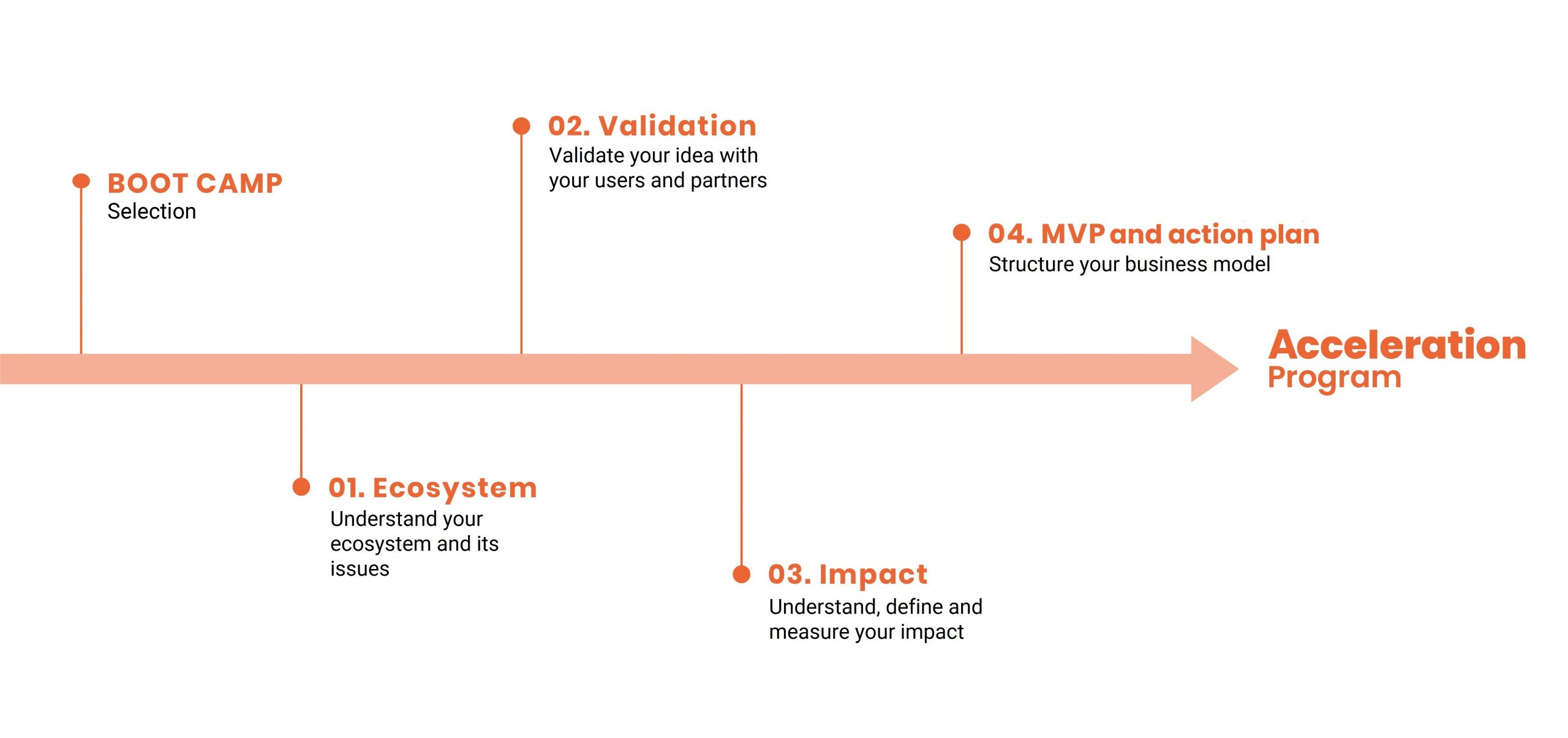
When you integrate impact8, you also benefit from the expertise of our large network of partners, who will help you co-build through various tests based on your business sector. You also join Esplanade’s ecosystem and committed community of entrepreneurs, as well as receive customized support to meet your needs.
Thanks to its financial partners, Esplanade covers nearly 95% of the cost of the program. Once selected, participants must pay the remaining fees which amount to a symbolic participation of $350 + taxes. If you are under 35 years old, you may be eligible for financial support from LOJIQ.
* Participants must pay participation fees of $350 + taxes per project when they integrate the program
Is your project related to mental health issues, therapeutic follow-up or other areas of excellence at the CHUM? You could benefit from up to 12 months of exclusive co-coaching with the CHUM.
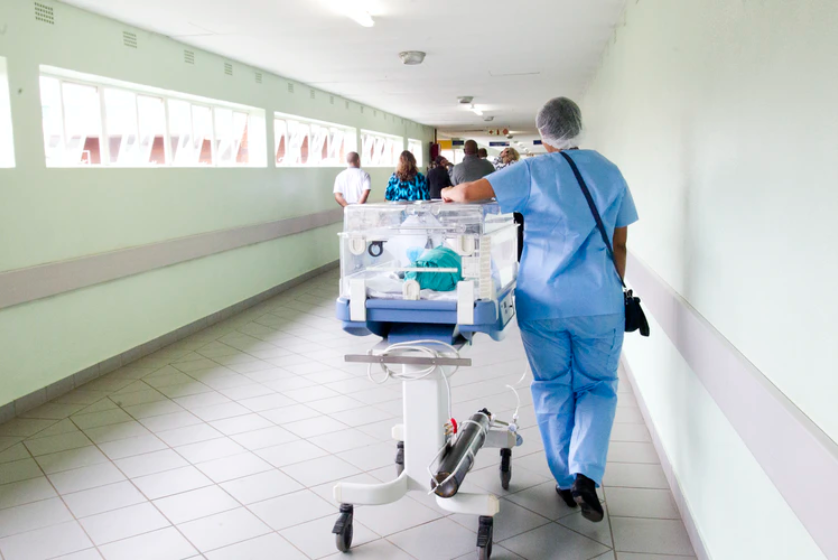
Photo credit: Hush Naidoo
Is your solution interested in the problems experienced by adolescents and/or youth? You could benefit from the expertise and experimental fields of the CIUSSS du Nord-de-l’Île-de-Montréal.
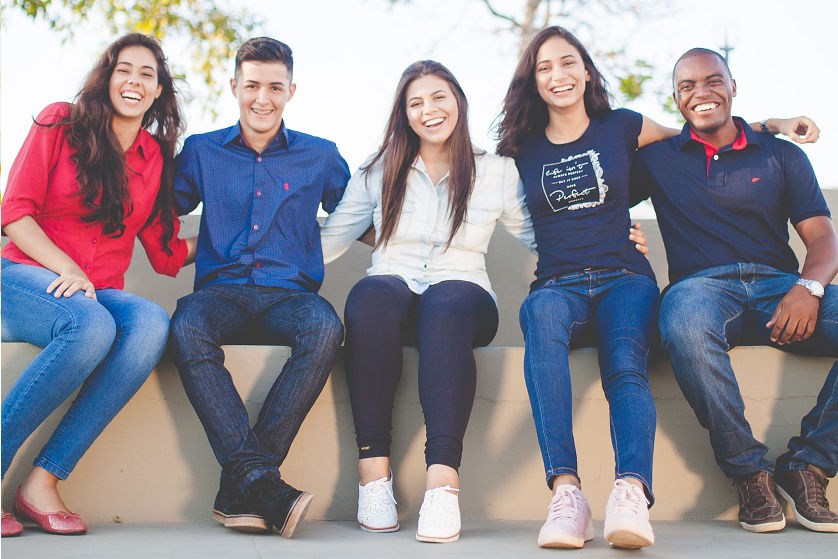
Photo credit: Naassom Azevedo

Developed by Esplanade, impact8 is a coaching program designed for change agents who wish to combine economic viability and social impact.
We want to facilitate your entrepreneurial journey towards the development of a sustainable business model that matches your social impact goals.
Through impact8, you will get continuous support over a period of 3 to 24 months. Composed of 4 programs – Emergence, Collision, Acceleration, Transformation – it is designed for all high potential individuals and organizations, regardless of their development stage or legal status.
Our team is supported by a solid ecosystem of over 100 coachs and experts to provide you with the best entrepreneurial tools, tips and practices.
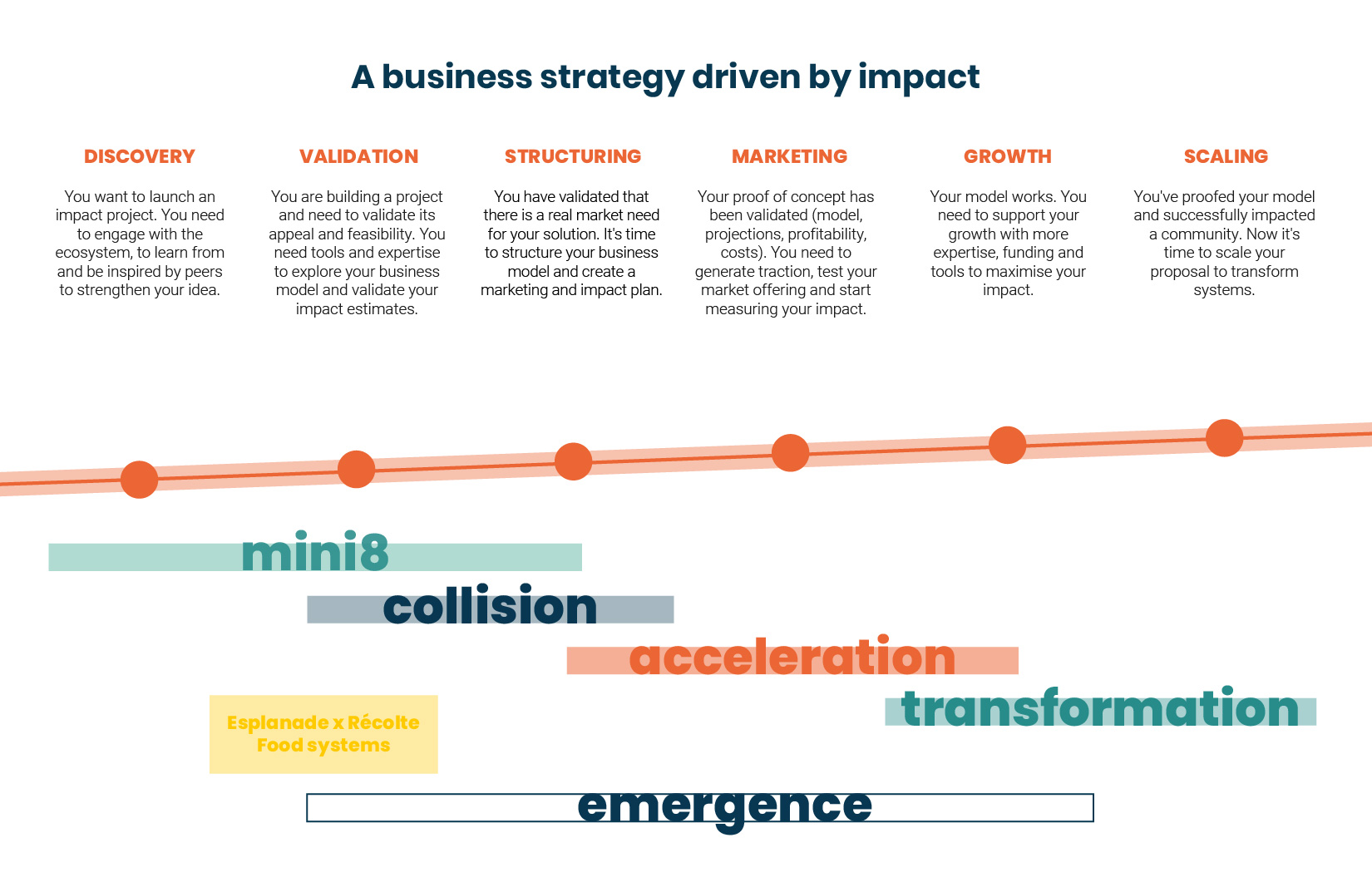

The Esplanade Québec Community Health Innovation Unit was founded in 2017 with the objective of bringing together a wide variety of actors in the Quebec health sector to accelerate solutions related to community health issues: promotion of healthy lifestyles, accessibility to care, prevention of chronic diseases, therapeutic follow-up, improved access to information… the issues addressed within the unit are numerous! These issues are the cornerstone of a solid, decongested and sustainable health care system. This is why Esplanade Québec has made it its mission to prioritize them.
By joining one of the cohorts in our community health unit, you will benefit from:
– A cohort entirely composed of projects complementary to yours, all working in the health sector: connect with entrepreneurs who share your reality and challenges!
– privileged contacts with our network of healthcare partners, including the CHUM, the CIUSSS de l’Est-de-l’île-de-Montréal, the CIUSSS du Nord-de-l’île-de-Montréal and the Ministry of Health
– opportunities for experimentation and technological showcases with various partners
– easier access to potential funders in the health sector
– personalized coaching with experts and professionals from the health sector, according to your needs (meet our coachs).
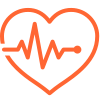
You are developing an innovative solution for a community health issue, and you are a/an:
More specifically:
– You are a start-up developing a technology or service contributing to community health and wellbeing
– You are a health professional with a project to improve the healthcare system or the quality or accessibility of healthcare
– You are a community health non-profit/cooperative that serves vulnerable populations and would like to receive coaching in your social innovation process
– You are an entrepreneur and you have an innovative idea that will revolutionize the community health sector
– You are a healthcare researcher looking to put your findings to use in an entrepreneurial project
– You are an established healthcare organization looking for coaching to launch a new project
You correspond to one of the profiles depicted above, and:
– You are developing an innovative community health project with the potential to have a significant positive and transformative impact on communities (potential to solve an identified problem, potential to scale up, etc.).
– Your project innovatively, efficiently and realistically addresses an identified problem or need in the community health sector, e.g. prevention, promotion of healthy lifestyles, access to care, improving patient flow, home support services, senior autonomy, improving access to medical information, medical adherence, strengthening the patient partner dynamic, improved health services, alternative solutions to traditional medicine, etc.
All legal structures (NPO, CO-OP, Inc., Institution) are welcome to apply.
We also accept teams that do not yet have a legal structure.
When you integrate the Collision Program, you get access to:
– A customized coaching program that is 100% online friendly
– Personalized coaching by experts selected according to your needs
– Meetings and access to a network of impact-oriented investors
– Access to Esplanade’s privileged partners to prepare pilot projects or technological showcases
– A network of more than 100 coaches and experts, who will support you in every key step of your process.
– Training and resources available at all times using state-of-the-art tools
– Support from Esplanade’s community of innovators and social entrepreneurs
– Increased visibility on Esplanade’s platforms
The selection process consists of 3 phases:
– Pre-selection: a first selection will be made upon receipt of applications, according to the criteria mentioned below.
– Boot Camp: up to 15 projects will then be invited to participate in the Boot Camp, where teams will work on the Impact Gap Canvas. Coaches and experts will be present to evaluate the teams throughout the exercise.
– Final selection: Following the Boot Camp, up to 10 projects will be selected to participate in the Collision Program.
We will select projects based on the quality and potential of their impact as well as the team’s capacity to implement their project and make it grow. The jury will focus closely on:
– How relative and realistic the proposed project is for the community health sector
– The potential social and environmental impact on identified communities and the potential to scale that change
– Motivation and level of commitment to the program and the proposed activities, and demonstrated expertise (business experience and knowledge of the health sector) among the project leaders.
– Project leaders who come to the coaching process with a desire to learn and collaborate (e.g., ready to question themselves, prepare for meetings and commit to following through on the actions identified in the program)
– Availability throughout the entire program (October to December) to attend bootcamp and the 4 days of the program modules
– Observation skills and empathy to develop a proper solution to the problem you are looking to solve.
We are looking for ambitious entrepreneurs who are determined to make their entrepreneurial project idea viable and generate a positive impact on the community and the health system!
Selection process:
– Opening date for projects: July 27, 2021
– Closing date for projects: September 12, 2021
– Pre-selection: September 15, 2021
Module and meeting dates:
– Final selection Boot Camp: September 30 and October 1st, 2021
– Module 1, Ecosystem: October 15, 2021
– Module 2, Validation: November 5, 2021
– Module 3, Impact: November 26, 2021
– Module 4, MVP and action plan: December 10, 2021
Useful links:
Replay of the information session (French)
For questions: check out our FAQ (French) or send us an email at [email protected].
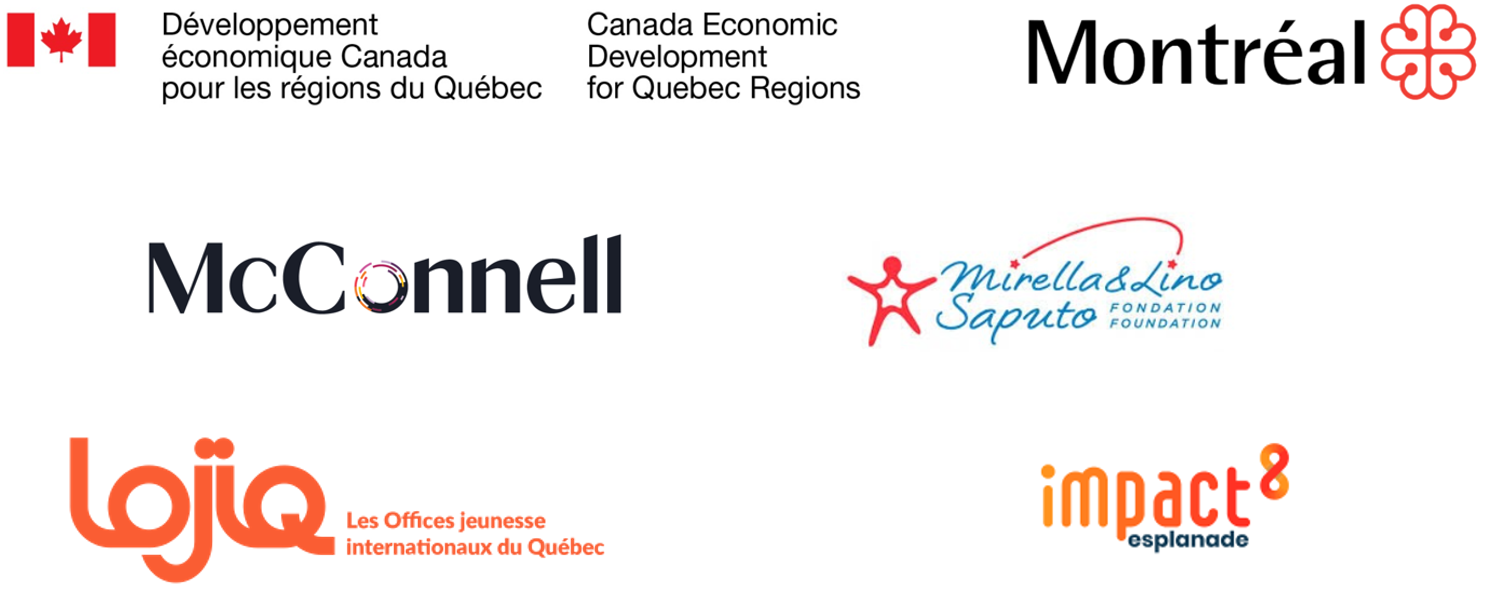
–
Making an impact: Advancing innovation in community health
To offer co-coaching in collaboration with the Centre hospitalier de l’Université de Montréal (CHUM) teams to the projects selected in the Fall 2021 community health Collision cohort.
The project(s) selected during the 2021 cohort will have access to coordinated support from CHUM scientific experts and the Esplanade business development team.
On a non-exclusive basis, L’Esplanade and the CHUM give priority to projects that fit within the CHUM’s areas of excellence, namely:
– Mental health, addiction and substance use disorders;
– Training of stakeholders (patients, clinicians, students in various health sectors);
– Patient-citizen partnerships;
– Population and community health (health promotion, prevention);
– Improving access to care, therapeutic follow-up, and network performance;
– Digital innovations with or without artificial intelligence that support these different fields of application.
From 1 to 3 projects will be selected during the program by the CHUM and the Esplanade teams.
The projects sought are start-ups that want to validate their solution hypotheses to a clearly documented problem. They are willing to work on the technical and business elements of their value proposition in order to structure their solution.
An intrapreneurial project initiated by CHUM employees and/or collaborators may qualify for this customized support.
Entrepreneurs/intrapreneurs are invited to submit their application to the Collision program by expressing their interest in participating in the co-coaching component with the CHUM.
If their application is selected for the Collision program, an evaluation of the potential for coaching with the CHUM teams will be carried out during the first half of the program.
The selected project(s) will have access to a champion at the CHUM who will ensure a support plan in coordination with the Esplanade team, which may extend over a period of up to 12 months.
A) The support plan may include:
– Access to scientific resources;
– Access to data within the CHUM governance framework;
– Access to an experimental field in the CHUM ecosystem;
– Access to innovation and business development specialists;
– Support in the search for funding.
B) Schedule:
– Project pre-selection and admission to the Collision program;
– Selection during the first half of the program of projects benefiting from co-support;
– Definition of the co-sponsorship plan and start-up during the second half of the program;
– Post-program accompaniment, renewable every 3 months for a maximum period of 12 months.
The collaboration between the CIUSSS-du-Nord-de-l’Île-de-Montréal and Esplanade will allow entrepreneurs from the community health cohort who respond to these CIUSSS challenges to be eligible to test their innovations with CIUSSS research teams. This will allow them to confirm their hypotheses about their solutions in a real-world setting.
Esplanade will offer grants of up to $10,000 to cover the costs of these tests.
The entrepreneurs will be able to obtain tangible data for the development of their innovation from a major player in the Quebec health sector and its stakeholders.
It should be noted that it is the entrepreneurial projects that most adequately meet the needs of the CIUSSS that will be able to take advantage of the experimental sites. These projects will have to be the subject of a specific agreement with the CIUSSS and Esplanade before the tests begin.
Within the framework of this collaboration, two calls for solutions are proposed:
Fostering academic success and mental health in adolescents by promoting better sleep.
To improve the well-being, mental and physical health of youth and promote their full social and civic participation by facilitating collaboration between the various stakeholders and overcoming the challenge of adequacy and continuity of services.
Between 60% and 70% of adolescents do not meet the minimum sleep requirements (Kasangra 2020). One of the consequences of sleep deprivation is its impact on academic performance and mental health problems. The COVID-19 pandemic has highlighted the fragility of adolescent sleep in times of crisis and its particular impact on mental health, causing sleep disorders to jump by nearly 50%, with the consequences that we can guess (Godbout et al. 2020).
Public services are struggling to reach young people, meet their needs, contribute to their well-being, their mental and physical health and promote their full social and civic participation. They also have difficulty countering the systemic barriers (stigma, discrimination, inadequate infrastructure) that tend to marginalize them, especially the most disadvantaged. To face these challenges, we must go beyond the classic responses of reorganization or creation of new services to ensure their adequacy and the continuity of proximity responses and intersectoral collaboration (social services, health, education, employment, etc.).
The research group is led by Roger Godbout, a clinical psychologist who is, among other things, Scientific Director for Child and Adolescent Mental Health Research at the CIUSSS du Nord-de-l’Île-de-Montréal, Coordinator of the Sleep Laboratory and Clinic at the Rivière-des-Prairies Mental Health Hospital, and a member of the Centre d’études avancées en médecine du sommeil (Centre for Advanced Studies in Sleep Medicine) at the Hôpital Sacré-Cœur de Montréal.
The research team’s work focuses on sleep, development and mental health: assessment, diagnosis and treatment of sleep disorders, daytime consequences of poor sleep, basic studies on the electrophysiology and neuropharmacology of states of alertness and behavioral neuroscience. Through its research projects and clinical activities, the team has developed, among other things, a unique expertise in Quebec on adolescent sleep, which has led to numerous interventions in the form of training and awareness workshops in clinical, school and community settings.
The team now wants to share its knowledge in an innovative, fruitful and sustainable partnership that will generate useful data for school decision-makers for the management of class schedules and the monitoring of the quality of life of their students.
The research group is directed by Lourdes Rodriguez del Bario, Scientific Director, Social Research and Culture at CIUSSS du Nord-de-l’Île-de-Montréal, Scientific Director of the Centre de recherche et de partage des savoirs InterActions and Research Director of the Équipe de recherche et d’action en santé mentale et culture (ÉRASME).
The research team’s work focuses on the analysis of alterations in experience and on the processes of subjectivation associated with serious mental health problems, particularly psychosis. It is based on the articulation of critical and hermeneutic thinking in order to better understand the universes of meaning and action, the perspectives of the people involved and their experiences, always anchored in a life course. The team’s work has contributed to the development of innovative methods for evaluating the impact of practices and policies that take into account the perspective of people who use mental health services.
Through its research projects, including Aire Ouverte, the team has developed expertise and collected data on: 1) collaborative networks between field actors to find solutions to youth difficulties (mapping of a network made up of more than 300 organizations); 2) life trajectories and support networks, services and knowledge of youth; 3) service use data from available databases; 4) youth perspectives on their needs, difficulties, desires and projects.